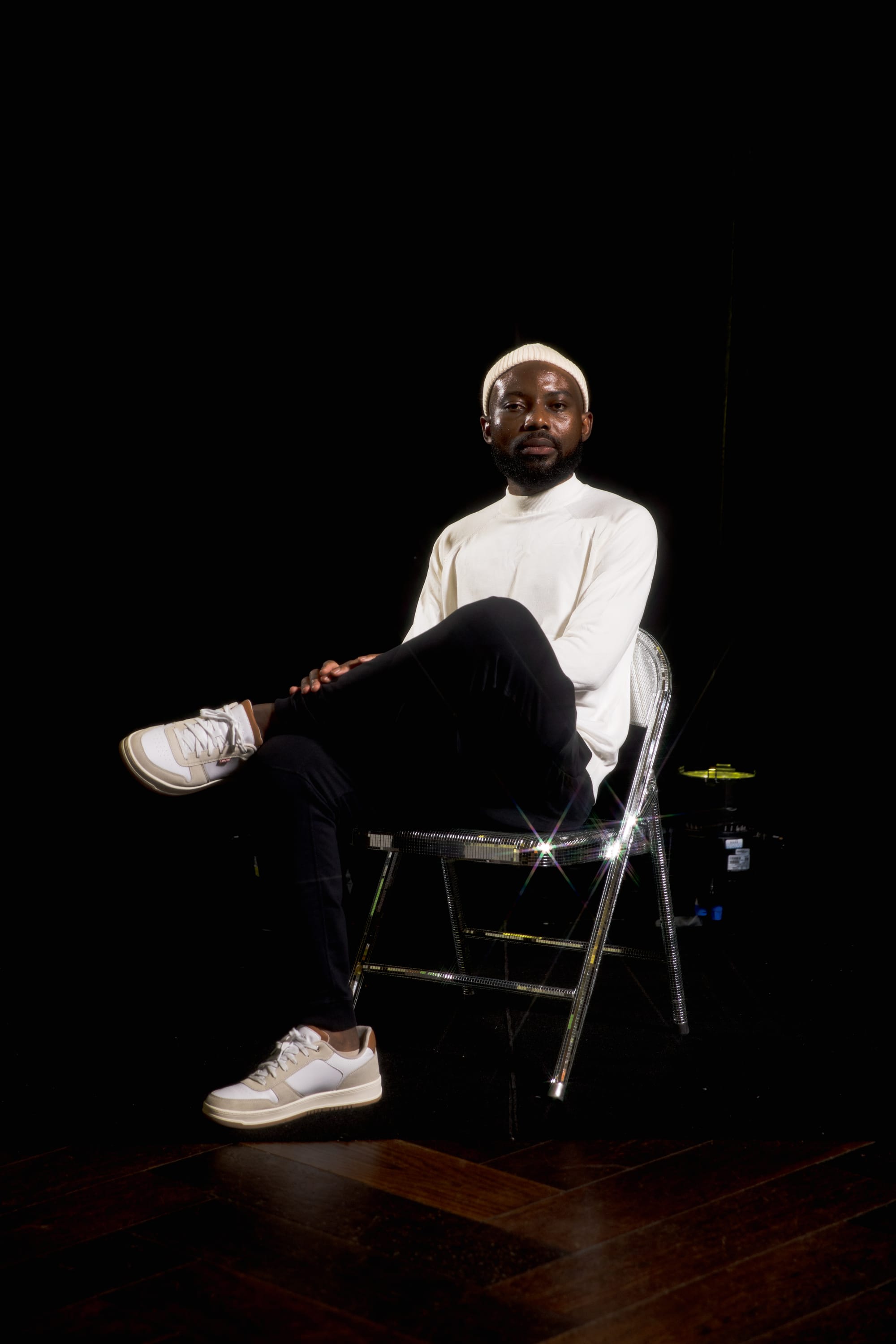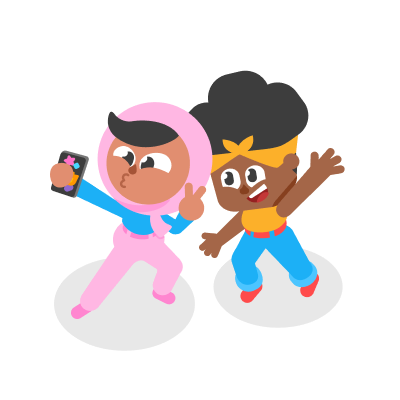This post is part of How I Did It, a blog series written by scholars in the Duolingo University Access (DUA) program. Each author shares their own story — in their own words — reflecting on identity, resilience, and what it takes to pursue education across borders. A partnership between Duolingo and the UNHCR, the UN Refugee Agency, the DUA program supports refugee students around the world in accessing higher education opportunities.

I am from Burundi, but I spent sixteen years growing up in South Africa as a refugee. I spoke IsiZulu, Afrikaans, and English. I learned the customs. I did well in school. I did everything I could to belong, but I still felt like I did not.
Refugees in South Africa face many invisible barriers, especially in education. I had the grades, the motivation, and the drive. But I did not have the documentation that opened doors. I could not access national scholarships or university funding because of my status. For a long time, that felt like a closed system where I was not meant to succeed.
But I have never been afraid to question the way things are. That is something I am proud of. I have always been a good student, not because I followed the rules, but because I wanted to understand them and ask why they exist.
When I spoke at the UNHCR offices about the barriers that refugee youth face, I did not know if it would change anything. But that small act of self-advocacy led me to the Duolingo English Test and UNHCR Access Program. I was selected for the first group of students in the program. I became the first refugee student from South Africa to use this kind of pathway to study abroad. It brought me to the University of California, Berkeley. Now, I am part of a growing conversation about what refugee access to education should look like.
In the United States, I volunteer with groups like the President’s Alliance on Higher Education and Immigration. I speak up, not only for myself, but for other people who have felt powerless or invisible. I know what it feels like to believe that no one is listening. I also know that speaking up, even when you are not sure what will happen, can lead to change.
My friends call me a philosopher. I live with a mind full of questions about the world, about truth, and about what it means to be human. I do not always share these thoughts because I grew up in a culture that did not encourage questioning. But I am always thinking. I change my views quickly when I learn something new. Not because I am unsure, but because I want to follow the truth wherever it leads.
What defines me is the way I think and the way I believe in finding solutions. I want to be known as someone who sees the world clearly and does not stop at easy answers. I believe that even if a solution is not visible now, it is still possible. That belief keeps me moving forward.
